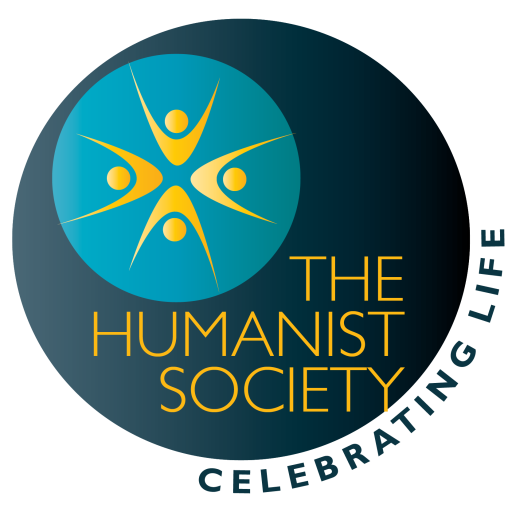The Humanist Society is a US-based national nonprofit organization which endorses humanist professionals to meet the needs of a broad laity. Our Humanist Celebrants preside over a variety of life-cycle milestone ceremonies like weddings, baby namings, memorials, transgender naming ceremonies - you name it, our Celebrants are there to help you "Make Moments Matter".
- About
Leadership
Donate
Contact Us
- Endorsements
Endorsements
More Info
- Find a Humanist Professional
- Donate
- Shop
- Login

